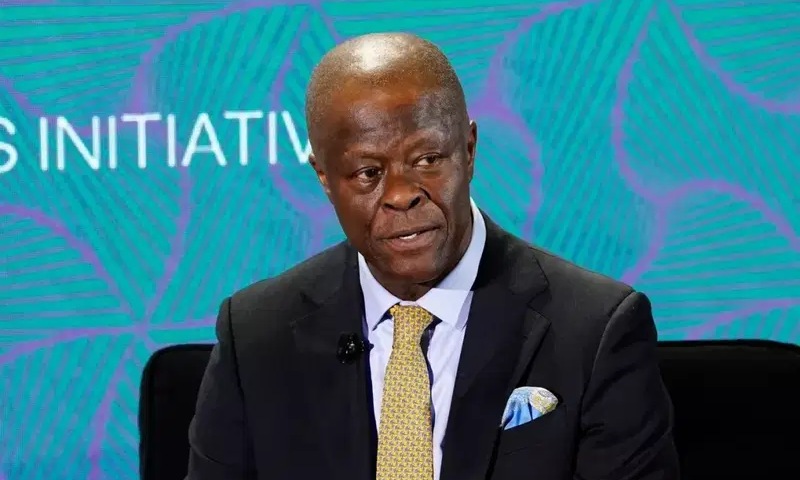South Korea marked a key achievement in its space program. The Nuri rocket lifted off successfully and placed satellites into orbit. This launch highlights the nation’s growing capabilities.
The Launch Event
The rocket blasted off from Naro Space Center in Goheung on November 26, 2025. It occurred at around 1:13 a.m. local time. Crowds watched as the three stage vehicle soared into the sky. Officials confirmed all stages performed well.
Payload Details
The mission carried the CAS500-3 satellite, South Korea’s largest at 500 kilograms. Additionally it included 12 CubeSats from universities and institutions. These smaller satellites test technologies like solar cells and ocean monitoring.
CAS500-3 Capabilities
Engineers designed CAS500-3 for Earth observation. It captures images of auroras and airglow. Moreover it measures plasma and magnetic fields. The satellite contacted ground stations soon after deployment.
Nuri Rocket’s Role
South Korea built the Nuri entirely with domestic technology. Hanwha Aerospace handled assembly for the first time. Additionally this marks the fourth launch since 2021 and the first under the Korea Aerospace Administration.
Historical Context
Previous attempts faced challenges, like a 2021 failure. However successes in 2022 and 2023 built momentum. Now this mission reduces reliance on foreign rockets.
Official Reactions
KASA Administrator Yoon Young-bin celebrated the event. He said it advances production and operations. Science Minister Kyunghoon Bae echoed this and promised steadfast progress.
Future Ambitions
In conclusion, South Korea plans two more launches by 2027. The country targets lunar exploration and deep space missions. Consequently these steps elevate its global space standing. Experts anticipate rapid advancements ahead.


